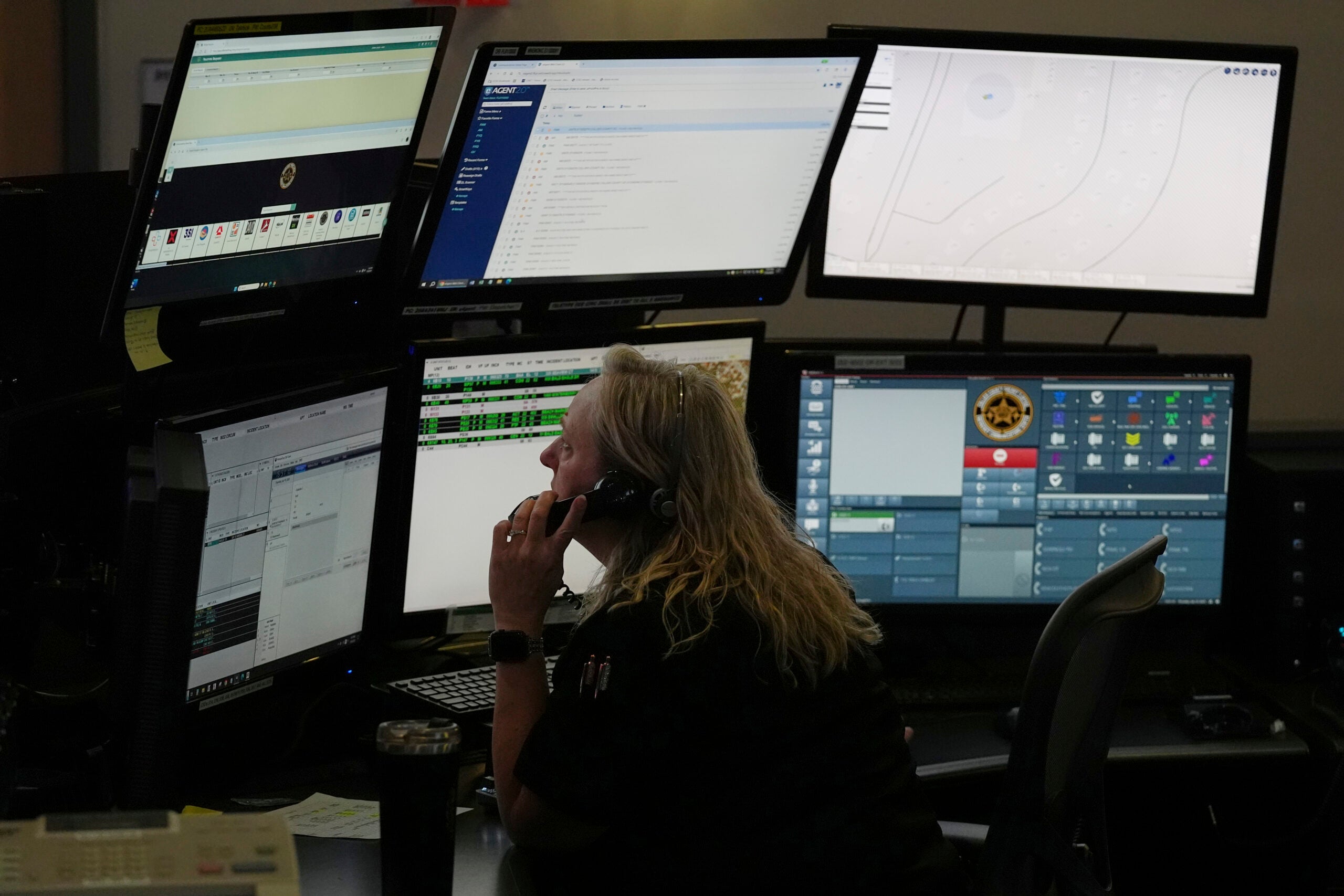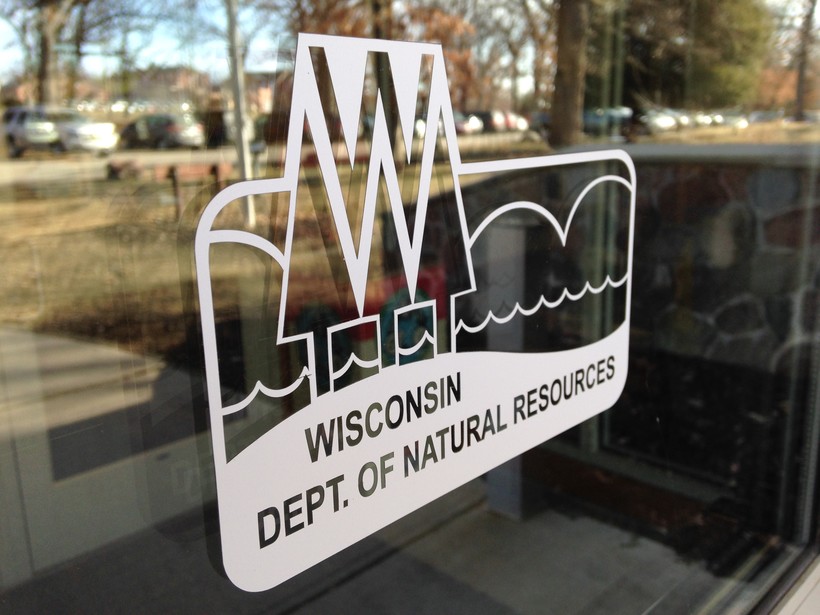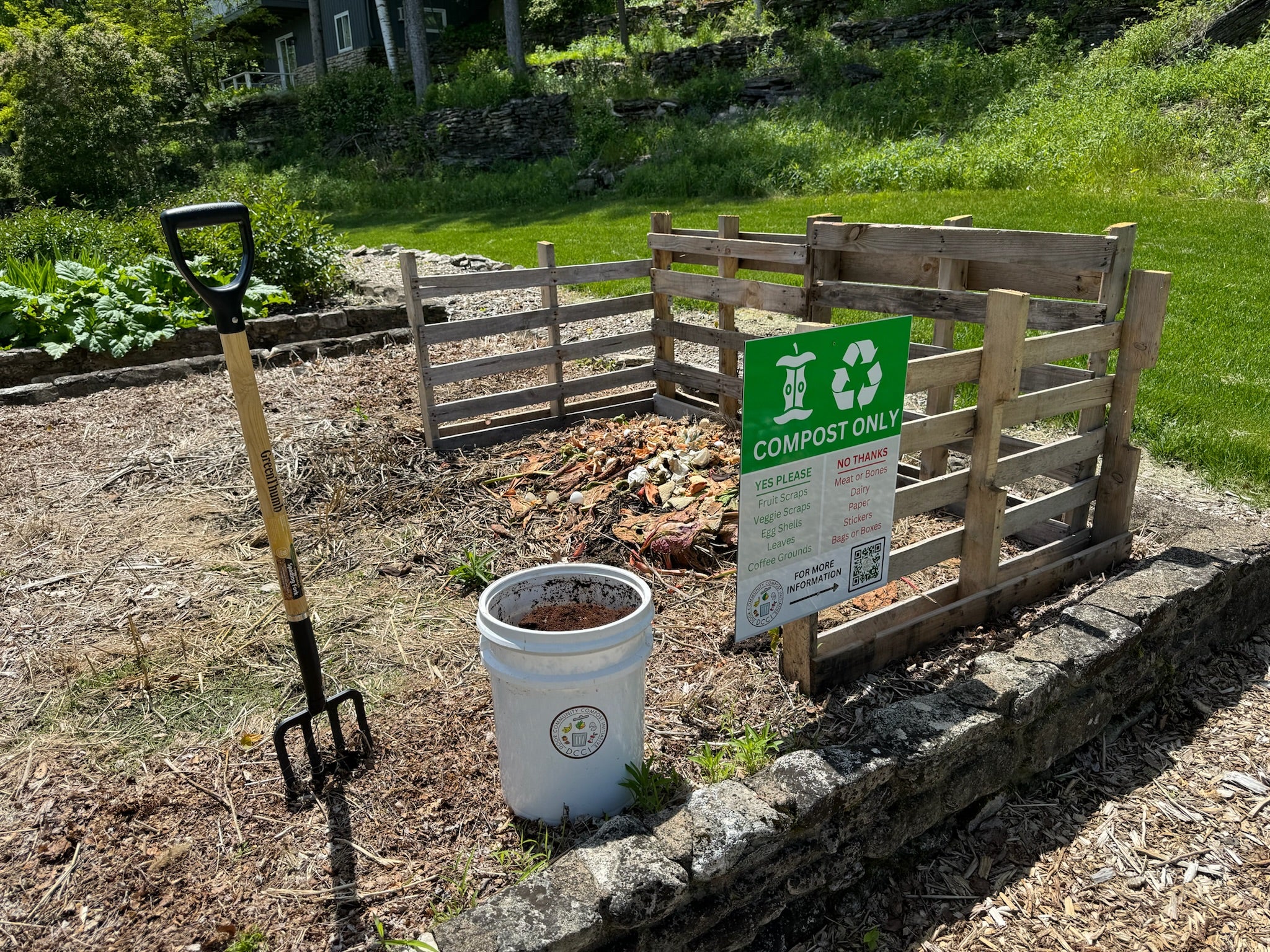Wisconsin officials want to improve the statewide emergency communications network. Right now, coverage is spotty in some areas, and it’s not clear who will pay for the system in the future.
The Wisconsin Interoperable System for Communications (WISCOM) network allows public safety agencies to communicate with one another across the state. The network uses existing towers and infrastructure to provide 95 percent coverage on portable radios.
Wisconsin received $15.3 million in 2007 through the National Telecommunications and Information Administration, in coordination with the Department of Homeland Security to improve interoperability among public safety agencies. The network went live back in 2012 on 80 state-owned towers. Since then, the communications system has grown to include 116 sites.
News with a little more humanity
WPR’s “Wisconsin Today” newsletter keeps you connected to the state you love without feeling overwhelmed. No paywall. No agenda. No corporate filter.
Josh Ripp, WISCOM program manager at the Wisconsin Department of Justice, said they’re studying how the system is working, what can be done to improve it and how to pay for it.
“That is if there’s things we need to change at sites or other training issues or programming things that we need to do to make things work better today or in the short term,” he said. “What we don’t have right now is a good plan for when the equipment on WISCOM reaches end of life. We don’t have an idea of how we’re going to pay for the replacement equipment to put in that place.”
The state hired a consultant last year to examine networks in surrounding states and provide recommendations for maintaining the WISCOM system. Ripp said similar networks are supported by state funding, including in Michigan where it costs around $40 million annually. However, he noted that Illinois requires those on its system to pay a monthly user fee.
Currently, each county or community in Wisconsin that provided the infrastructure for a WISCOM site is paying for ongoing maintenance. Ripp said state officials are discussing whether that’s the best option or if there should be more coordination to consistently maintain those sites.
Some Wisconsin counties are opposed to the Illinois user fee model, said Douglas County Emergency Management Director Keith Kesler. Kesler, who is also chair of the state’s WISCOM committee, said Douglas County added four sites to the network to complement three state-owned towers in the county.
“Those of us who are already paying to maintain a piece of the system, we don’t really want to have to pay anymore,” Kesler said. “Our position is we don’t think we should be paying. Or, that if they do want to put a user fee on, they should take the amount that we’re paying and deduct it from the user fee.”
Bayfield County is the only area actively pursuing to add a tower under construction to the WISCOM network. Bayfield County Sheriff Paul Susienka said the system would improve interagency communications for the county.
“If you had a large-scale event and you have a mutual aid response, you can coordinate that and you can give directions to units that would travel some distance.They could get instructions fairly early in an event,” Susienka said. “And, it works for law enforcement, fire and EMS.”
State agencies that own the sites include funding for ongoing maintenance in their budgets. The state Department of Transportation, Wisconsin State Patrol and state Department of Justice have budgeted just more than $1 million for maintenance of the system.
“And out of that, there isn’t a whole lot of extra money to add sites,” Ripp, of the DOJ, said. “We do know that we have coverage spots that we need to fill in, but we don’t have the money to build towers or put equipment on existing towers to fill that in.”
He said the state patrol has identified coverage needs in southeastern and central Wisconsin, including Plover in Portage County.
The DOJ is expected to review a final draft report on recommendations for funding and maintaining the WISCOM network in the coming weeks.
Wisconsin Public Radio, © Copyright 2025, Board of Regents of the University of Wisconsin System and Wisconsin Educational Communications Board.






